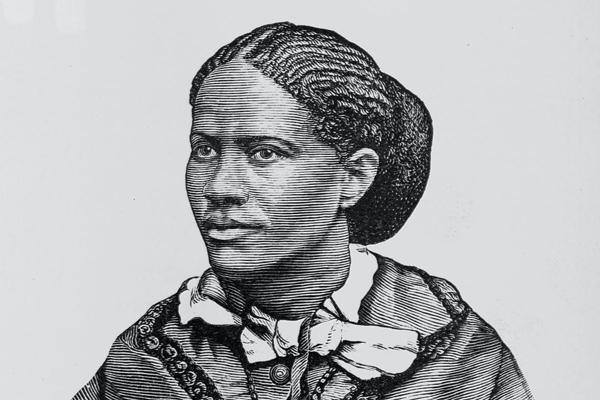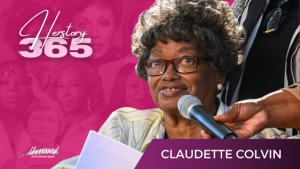Frances Ellen Watkins Harper, September 24, 1825-February 22, 1911
Her word artistry was a weapon to dismantle slavery and challenge inequality. Born to free African American parents in Baltimore, Harper, orphaned at age 3 and raised by her aunt and uncle, spent some time in Ohio and eventually settled in Philadelphia where she died at 86.
As a young woman, Harper was consigned to the typical work of freed women which consisted of nursemaid, sewing and washing. In between those domestic chores, she became a voracious reader, writer and word warrior.
Harper’s oratory prowess was showcased during a speech delivered to the 11th Women’s Rights Convention in New York shortly after emancipation in 1866. The convention was gearing up to mobilize White women to secure the vote.
“I do not believe that giving the woman the ballot is immediately going to cure all the ills of life,” Harper told the convention, which included Susan B. Anthony and other leading suffragists of the day. “I think that like men may be divided into three classes, the good, the bad, and the indifferent. The good would vote according to their convictions and principles; the bad, as dictated by prejudice or malice; and the indifferent will vote on the strongest side of the question, with the winning party.”
In that same speech, Harper reminded her audience of society’s shared fate.
“We are all bound up together in one great bundle of humanity, and society cannot trample on the weakest and feeblest of its members without receiving the curse in its own soul,” she declared.
A writer, lecturer and teacher, Harper was first and foremost an activist. She championed the rights of itinerant farm and washer women, traveling throughout the South during Reconstruction and was a steadfast voice for Black women’s economic emancipation.
Believed to be the first Black woman to publish a short story, she was a prolific essayist, poet and novelist. During Reconstruction, she continued her activism and was an honorary founding member of the National Association of Colored Women’s Clubs.
Here, a poem by Frances Ellen Watkins Harper, Let the Light Enter.




